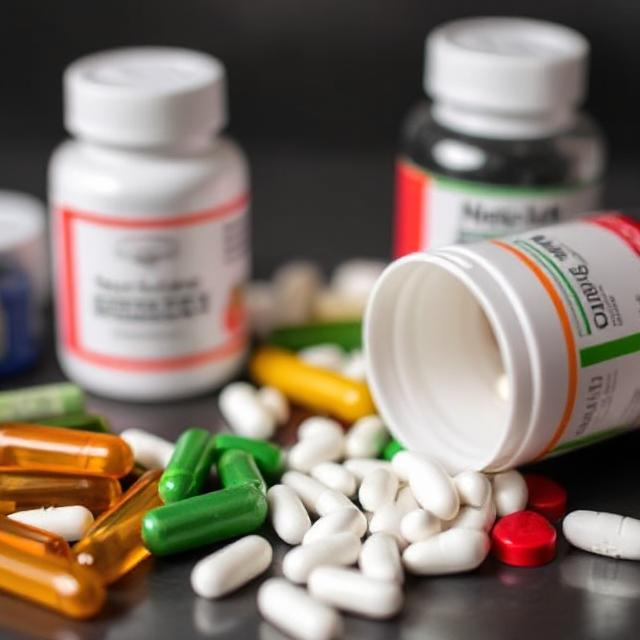Housekeeping staff play a critical role in infection control within healthcare facilities by maintaining a clean and sanitary environment to prevent the spread of harmful pathogens. Their responsibilities go beyond basic cleaning duties and include specialized practices designed to minimize the risk of healthcare-associated infections (HAIs), which can have serious consequences for patients, staff, and the overall functioning of a healthcare facility. The role of housekeeping in infection control encompasses various tasks, protocols, and strategies aimed at ensuring the health and safety of everyone within the healthcare setting.
- Routine Cleaning and Disinfection:
Housekeeping staff are responsible for the daily cleaning and disinfection of patient rooms, common areas, and other healthcare spaces. This includes using hospital-grade disinfectants to wipe down surfaces, clean floors, and sanitize equipment. Regular cleaning helps eliminate dirt, dust, and microbes, which can contribute to the spread of infection. High-touch surfaces such as doorknobs, light switches, handrails, and countertops require frequent disinfection, as they are common pathways for pathogen transmission. - Cleaning and Disinfecting High-Risk Areas:
Certain areas within healthcare facilities are at a higher risk for infection due to the nature of patient care or the use of medical equipment. These include operating rooms, intensive care units (ICUs), patient rooms, bathrooms, and areas where invasive procedures are performed. Housekeeping staff are trained to clean these high-risk areas using specialized cleaning protocols, ensuring that all surfaces are thoroughly disinfected to prevent cross-contamination between patients. - Managing Laundry and Linen:
Hospital linens, such as bed sheets, towels, gowns, and blankets, can be contaminated with bacteria, viruses, or bodily fluids. Housekeeping staff handle laundry and linens with care to prevent the spread of infections. This involves following strict protocols for collecting, washing, and disposing of linens to ensure they are sanitized appropriately. Housekeeping staff may also be responsible for ensuring that clean linens are stored and distributed in a way that minimizes the risk of contamination. - Waste Management:
Housekeeping staff manage the disposal of waste in healthcare settings, including medical waste, sharps, and general waste. Proper waste management is essential to infection control as improperly disposed waste can harbor infectious agents that pose a risk to patients, staff, and visitors. Housekeeping staff must follow infection control guidelines for the safe handling, segregation, and disposal of waste to ensure that hazardous materials are disposed of properly, reducing the risk of infection. - Preventing Cross-Contamination:
One of the key responsibilities of housekeeping staff is to prevent the transfer of infectious agents between different areas of the healthcare facility. This is accomplished through a variety of practices, including:- Proper Hand Hygiene: Housekeeping staff are trained to wash their hands regularly and use hand sanitizers to minimize the transfer of pathogens during cleaning tasks.
- Use of Personal Protective Equipment (PPE): Depending on the level of risk, housekeeping staff may be required to wear gloves, gowns, masks, or face shields to protect themselves and prevent cross-contamination.
- Cleaning Equipment Protocols: Housekeeping staff must follow strict protocols for cleaning and sanitizing cleaning tools (e.g., mops, cloths, vacuum cleaners) to prevent spreading germs from one area to another.
- Ensuring Proper Ventilation:
Housekeeping staff may also contribute to infection control by ensuring that ventilation systems are properly maintained. Clean and well-maintained HVAC systems can help reduce the spread of airborne infections by filtering and circulating air efficiently. Housekeeping may be responsible for ensuring that air filters are regularly replaced and that ventilation systems are regularly cleaned to prevent the buildup of dust, bacteria, or mold. - Following Infection Control Policies and Protocols:
Housekeeping staff are trained to understand and adhere to infection control policies and procedures that are in place within the healthcare facility. These policies may include specific cleaning and disinfection methods, cleaning frequency, and safety protocols for handling infectious materials. Housekeeping staff play an important role in ensuring that these protocols are consistently followed to minimize infection risks. - Monitoring and Reporting:
Housekeeping staff are often the first line of defense when it comes to identifying potential infection control issues. By monitoring patient rooms and common areas, they may observe problems such as spills, broken equipment, or unusual odors that could indicate contamination. Staff should report any concerns promptly to facility management so that corrective actions can be taken quickly. Early identification of infection risks can prevent outbreaks and enhance the safety of patients and staff. - Collaboration with Healthcare Teams:
Housekeeping staff work closely with infection control teams, nurses, doctors, and other healthcare professionals to ensure that infection control standards are met. They participate in meetings or training sessions with infection prevention specialists to stay updated on best practices and new guidelines related to cleaning and disinfection. The collaboration between housekeeping staff and healthcare providers is essential to creating a comprehensive infection control plan. - Education and Training:
Regular training and education are crucial to ensure that housekeeping staff understand the latest infection control practices. This may involve training in the use of cleaning agents, safety measures for handling hazardous materials, proper disposal methods, and understanding the specific needs of patients with infections or compromised immune systems. By staying informed, housekeeping staff can adapt to new challenges and provide the highest level of care in preventing infections.
Housekeeping staff contribute significantly to infection control by ensuring the healthcare environment is clean, sanitized, and safe for patients, visitors, and healthcare workers. Their role goes far beyond traditional cleaning and extends to the prevention of disease transmission, which is essential in maintaining the overall health and safety of the facility. With proper training, adherence to protocols, and a focus on infection prevention, housekeeping staff can help minimize the risk of healthcare-associated infections and ensure the well-being of everyone within the healthcare facility.






